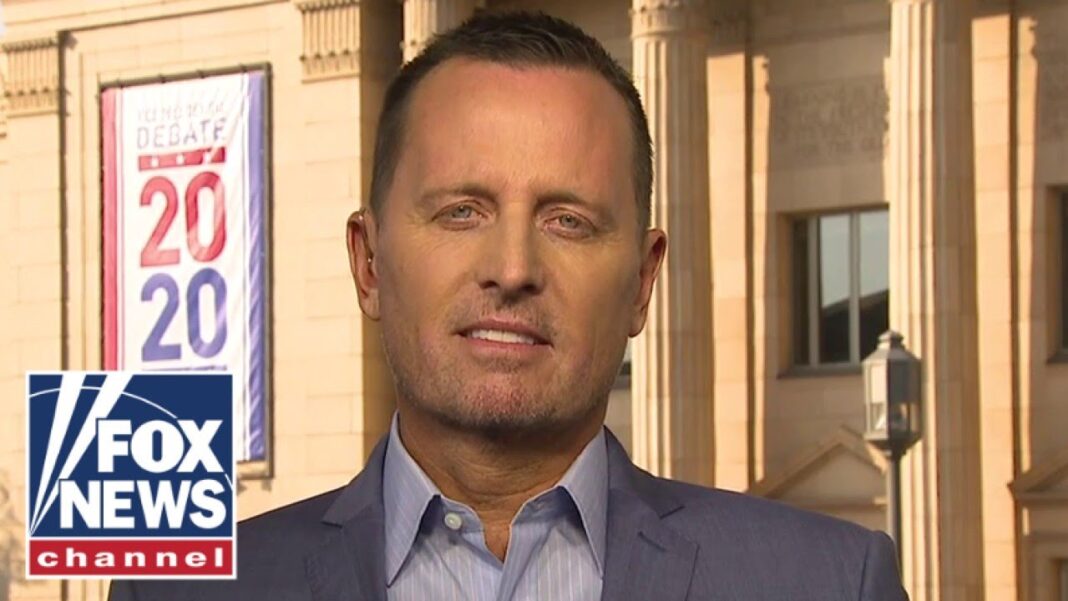
“You will own nothing, and you will be happy.” This confronting statement emanates from the World Economic Forum (WEF), an international non-governmental lobbying organization established in 1971 by German engineer and economist Klaus Schwab.
The forum is headquartered in Switzerland, and since its inception, it has sponsored projects that are enthusiastically embraced by those who seek to overturn the existing world economic order.
Importantly, WEF organises the famous Davos Agenda talkfest, where leading economists, politicians, and even royalty share their views on social, financial, economic, and political developments worldwide. Lately, WEF has been resolutely promoting the “Great Reset.” But what is it?
Klaus Schwab and Thierry Malleret published a book in July 2020, entitled “COVID-19: The Great Reset.” With this publication, they seek to identify the weaknesses of capitalism which, according to them, were exposed by the pandemic.
But the idea can be traced back to 1971 when Schwab founded the WEF and started to promote the concept of “stakeholder capitalism,” which encourages companies to relinquish their for-profit purpose and embrace a social function. However, the phrase “Great Reset” came into full use in 2010 following the publication of a book, “The Great Reset,” authored by Richard Florida.
The “Great Reset” may be described as a radical international-socialist plan designed to “reset” the world economy. The goal is to install a highly centralized, heavily regulated, totalitarian system akin to that of China’s Social Credit System.
Schwab has constantly praised Chinese Communist Party (CCP) leader Xi Jinping, including a statement made this year in which he told him that China’s dictatorial regime has made “significant social and economic achievements under his leadership.”
The “Great Reset” aims at rebuilding society “sustainably” after the COVID-19 pandemic. This process would require dismantling the current “shareholder capitalism” system and the erasure of “individualism.”
Schwab and other “Great Reset” leaders “have been making arguments against ‘shareholder capitalism’ for literally decades, going all the way back to the 1970s.”
By Gabriël Moens and Augusto Zimmermann





